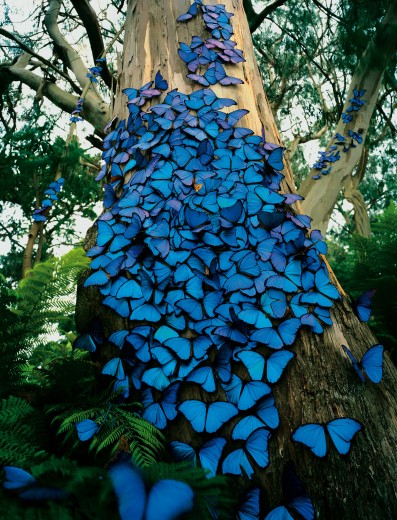
Monday 8 September 2014
Apples, onions and opinions
In relation to stages of growth, opinion formation is merely a birth of belief, sacred only to those who hold it. It can be nascent, and ferocious, it can be rigid, but mostly it is bountiful in what is perceived through the eyes of the one who sees the world.
If its a collective view, it may be finding its strength in social values and 'where my place is in the world.' if it is on an incline of individualisation, it may be the forming of 'where am I within myself.'
Finding the balance is a messy one, granted, but as with all growth, it can lack cohesiveness simply because it is both conscious and unconscious. It is largely difficult to navigate a stage of behaviour manifestation which might be related to merely 'a feeling' that has been buried deep, rather than a coherent voicing of 'what's wrong,' or indeed, 'what is right.'
We are brought to bear on the world with this ill conceived notion that we must all 'grow up,' and whilst physically, and to certain degrees emotionally this is true, however the flaw lies in the thinking that 'this is it. I 'should' be grown enough to know everything I need to know.' But in truth, we never do. Life has a way of smashing up against our belief systems, challenging them like pebbles to a roaring ocean, and at times igniting them to transform. As much as we learn to fear change, it exists and happens regardless.
This is where opinions come in. As useful to the one, they can be outgrown so as not to become as sacred as a belief structure and a place of safety in relation to 'where the world is in my perception' but as a point in history, where things have changed. It is important to evolution, but as one opinion may be sacred to one, it may also be easily dismissed by another. What matters, is the equidistance between the lines of our understanding and what we imagine as our individual realities. Where the lines blur and confuse, is the collective interweaving, as we are all seemingly forming different. Opinion, in that sense then, may also be seen as a consequence of cognitive dissonance, and a weathering away of the inflexible forming into fluidity, through new knowledge (Johari's window, for example). They are where we intersect and fork, passing through time becoming less prevalent and more inconsequential. In the end, they may just be sound bytes blown to the sands of time.
They are our youth, our smallness, our fragility, our clumsy footprints, our imaginings, our hopes and fears. They are growing up, just as we are.
Subscribe to:
Posts (Atom)